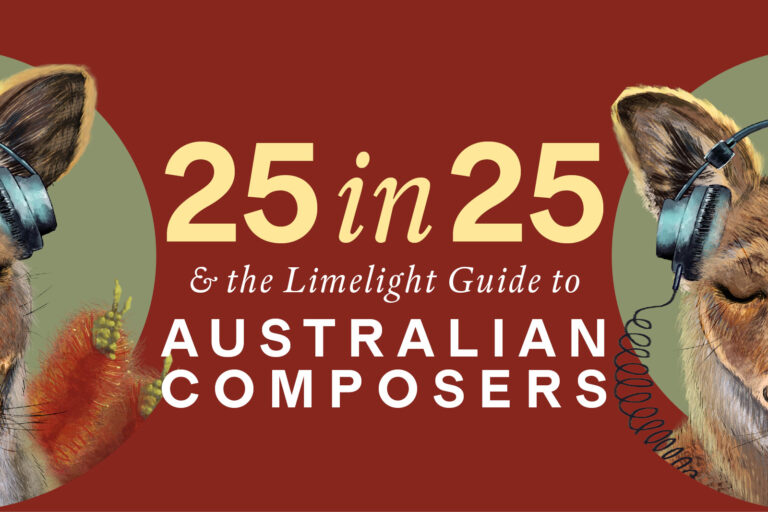In The Shortest History of Music, Australian composer, broadcaster and writer Andrew Ford has decided the shortest distance between two points isn’t a straight line.
By bringing William Barton’s didgeridoo in at the beginning and near the end of the book, you could say that the didge player’s circular breathing, responsible for the kaleidoscopic stream of sound it emits, is emblematic of Ford’s approach. That, and polyphony – the weaving of multiple simultaneous voices into a fluid yet coherent whole.

Rather than adhering to a traditional chronological narrative, this latest eminently readable volume in Black Inc.’s Shortest History series presents a thematic exploration of music’s role in human society, spanning cultures and eras with an informative and entertaining blend of anecdotes, historical insights, and philosophical musings.
It also stands out for its inclusivity, challenging the Western-centric view that has long dominated music history, with Ford deftly uniting stories from diverse musical instruments, traditions and methods of transmission. These range from Australian Aboriginal oral traditions to notated classical compositions, as well as improvised jazz, pop, folk and modern recording techniques.
Such an approach underscores the universality of music while highlighting its diversity....
Continue reading
Get unlimited digital access from $4 per month
Already a subscriber?
Log in










Comments
Log in to start the conversation.